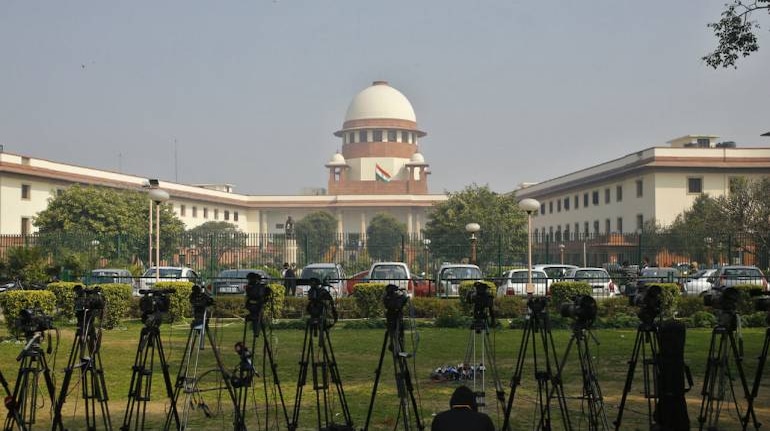
The Supreme Court of India and the Reserve Bank of India (RBI) are caught in a tussle over interest payment during the six-month loan moratorium period.
On the directions of the RBI, most banks have offered a moratorium to term-loan borrowers but continue to charge interest during the period.
The country’s top court has reportedly taken a view that permitting the moratorium without giving relief through interest is detrimental to borrowers.
On the other hand, the central bank has told the court that the moratorium is only a deferral of payments and not a loan waiver. The RBI estimates that banks will lose about Rs 2.01 lakh crore if the interest is waived and it would impact the core stability of the banking system.The Rs 2.01 lakh crore figure, or one percent of GDP, is arrived at assuming that the moratorium is granted to about 65 percent of the total term loans.
According to a CNBC TV18 report, the top court also slammed the RBI, saying the central bank was trying to sensationalise the matter by leaking the developments to media.
Let’s take a look at the context first. The moratorium was announced by the banking regulator as a one-time measure as part of a larger COVID-19 relief package.
The scheme aims to provide relief to the borrowers who cannot pay instalments on account of a possible loss of income due to the COVID-19 lockdown. The moratorium (or deferral of EMIs) was initially announced for three months (March 1 to May 31) but it was extended to August 31 when the lockdown, too, was prolonged.
What is the problem if banks are asked to waive interest during this period? Interest payments on deposits and loans are the basic principles on which the banking system operates.
Banks pay interest to depositors against the money parked with them in savings or fixed deposits (FDs) and charge interest from borrowers. In other words, banks use the interest earned on loans to pay the depositors.
If banks are asked to stop taking interest on the money they lend, it will disturb this balance. If the apex court insists that banks cannot charge interest on loans, it will impact the ability of the lenders to pay interest to the depositors as well.
Interest payment on bank deposits is crucial for a large section of the population who park their money in banks, considering FDs as safer instruments.
Bank deposits are the preferred option for a large section of investors, especially senior citizens and the retired, who rely on monthly interest payments to meet their expenses.
In the recent past, there has been a rise in demand for bank deposits on account of the high volatility in other financial instruments and general uncertainty in financial markets. People have faith in banks as the guardians of public money. Why should these depositors be punished for no fault of theirs?
There are a few other issues worth considering. Not all moratorium applicants are financially stressed. According to bankers, many borrowers have applied for the moratorium to save capital. Several others have decided not to avail the facility and continue with repayments.
What is the rationale of waiving interest across all loans in this context? The RBI’s decision to allow deferral of EMIs should be seen as putting off of payments in a crisis period and not as a loan waiver.
Banks and the RBI have been transparent about the extra interest payment burden on those opting for the moratorium. Hence, the RBI’s argument that the banking system’s health is at risk if it directs banks to waive interest for the six-month moratorium period is very valid.
If the RBI is forced to issue a diktat to banks to waive the interest amount, the temporary moratorium exercise will turn into a full-fledged loan waiver. That isn’t the idea here. The Supreme Court should pay heed to the RBI’s concerns and would do well leaving the matter to the banking regulator.
No comments:
Post a Comment